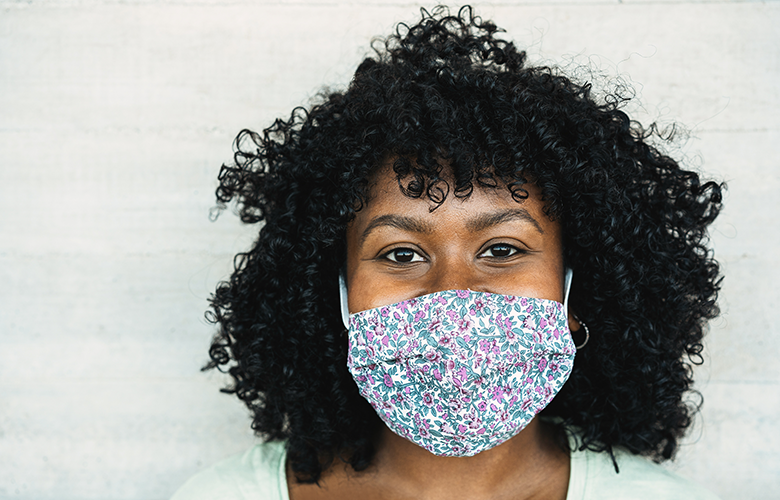Key Points for Parents
The COVID-19 pandemic has changed the way people of all ages, all over the world, experience everyday life.
While the need for abnormal degrees of social isolation and the threat of the virus itself naturally produce anxiety for many, teenagers may feel this anxiety to an especially pronounced degree.
Fortunately, parents of teens affected by COVID-related anxiety can supply some much-needed help and support to get their loved ones through this unusual point in history. If you worry about your own teen’s mental health during this time, take a moment to acquaint yourself with the following key points about the problem.

How the Pandemic Encourages Teen Anxiety
Many teens have found themselves reeling from the emotional, psychological, and social stresses created by COVID-19 and the restrictions it has imposed.
46 percent of parents report negative changes in their teens’ mental health over the course of the pandemic.
A lack of normal social interaction can cause serious anxiety and disorientation in teens. Such interaction normally plays a central role in adolescent development. Teens who can’t hang out with their friends in person, go on dates, or attend events such as school dances may feel robbed of a huge part of their lives.
The disease itself can certainly trigger its share of worry, fear, and frustration. Teens may absorb and internalize an overwhelming or even contradictory mountain of information about COVID, causing them to feel confused and threatened. They may also worry about completing coursework or finding a job in the wake of the pandemic.
Teen Brains and COVID-Based Anxiety
Why Teen Brains Have More Trouble With COVID-Based Anxiety
You may notice that the teens in your life react more severely to the same stresses as your adult family members even under optimal circumstances.
This difference lies chiefly in the fact that teens have yet to develop the mental coping skills that adults have. A crisis such as a pandemic only makes the difference more apparent.
The volatile relationship between the COVID pandemic and teen anxiety has much to do with the brain’s executive functioning ability. As the brain matures, it improves its ability to organize information, focus on positive outcomes, and plan accordingly. A teen brain that has yet to refine these skills cannot react to a crisis calmly.
What Parents Can Do
What Parents Can Do to Help Teens With COVID-Based Anxiety
If you see signs of COVID-based anxiety in your teen, give serious thought to professional help in the form of psychological treatment. Research shows that although just one in four American parents pursued this route, nearly three-quarters of them reported good results from it.
You can enhance the success of medical therapy by supplying additional coping mechanisms and resources for your teen at home.
Make sure your teen understands the recommended techniques for self-protection against the virus. This knowledge can help teens feel more empowered against the virus itself.
Keep your teen active around the house if possible. Regular exercise or other physical activity can help teens work off their stress and sleep more deeply. Encourage open communication of feelings at home. At the same time, however, maintain a degree of space instead of pressuring your teen to share difficult emotions.
We can help.
Anxiety Institute can help your teen cope with the anxiety brought on by COVID-19.
Our experts can diagnose teen anxiety disorders while also giving parents the information they need to provide the necessary at-home support. Contact us today.
“My personal knowledge and experience of anxiety and fear, as a victim and as a conqueror, has gifted me the valuable asset of emotional intelligence. Knowledge and experience that will give me the empathy to connect with others and the grit to overcome adversity.”


